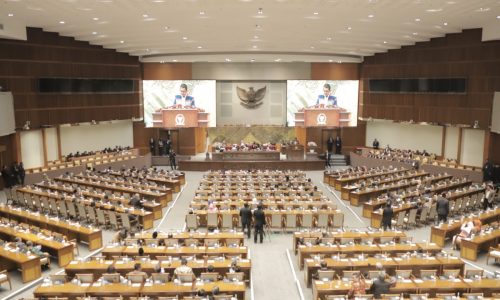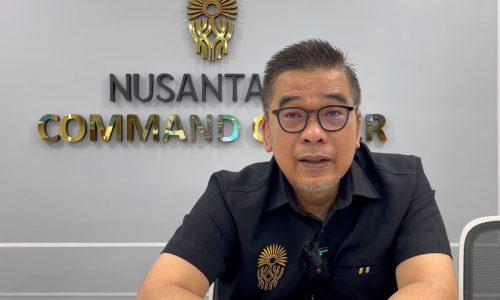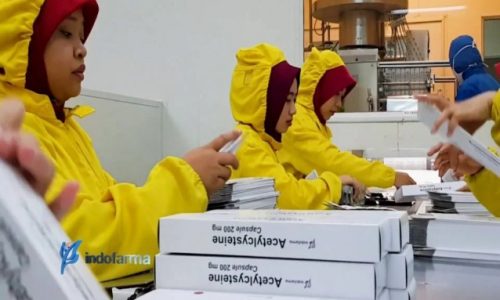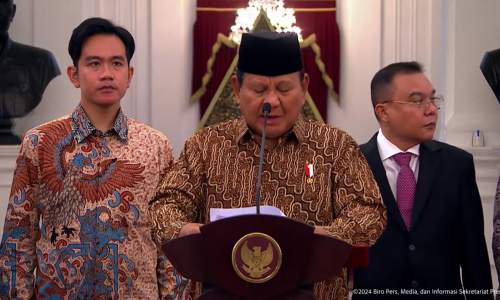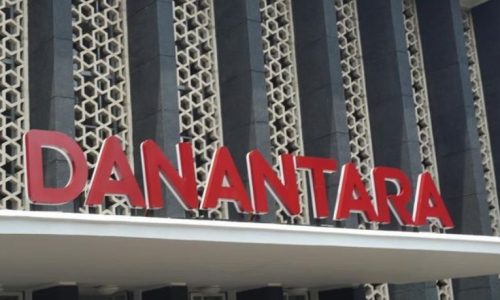Mineral extraction for electric vehicle (EV) batteries is driving rapid industrial expansion in nickel reserves-rich Indonesia, but concerns about environmental damage and human rights abuses are growing, a recent joint study by INDIES-APIL reveals.
The Indonesian and Korean civil society organizations have published the Indonesian version of the report “Battery Extracted”, which highlights environmental and social issues in the upstream supply chain of EV batteries and investment activities of Korean companies in Indonesia. The report is based on a field investigation conducted in July 2024 at a nickel mining site in Lameruru Village, Langgikima Sub-district, North Konawe Regency, Southeast Sulawesi.
As EV market rapidly expands as a key solution to the climate crisis, demand for lithium-ion batteries has surged. Lithium, cobalt, and nickel − essential for the production of these batteries − are classified as “transition minerals” due to their critical role in energy transition technologies. However, in the areas where these minerals are extracted, serious environmental destruction and human rights violations are occurring.
Demand for nickel, which plays a crucial role in improving energy density and lifespan of lithium-ion batteries, is expected to increase 40-fold by 2040. Indonesia, which accounts for about 50 percent of the world’s nickel production, has emerged as a major supplier.
However, the mining and refining processes have resulted in large-scale carbon emissions, deforestation, expansion of coal-fired power plants, loss of biodiversities, water and air pollution, as well as land grabbing, loss of traditional livelihoods, and violations of rights of women and children, as well as water rights for local and indigenous communities.
Kisran Makati, Director of human rights advocacy group PUSPAHAM, said local communities are losing their long-standing traditional way of life due to nickel mining. In the past, they grew their own food and fished for sustenance, but now they rely on external vendors for basic goods.
“Only a small number of people earn an income from working in the mines, and when the mines are shut down, they are left with devastated forests and polluted environments,“ he said on Wednesday, February 12, 2025.
Kurniawan Sabar, Director of Institute for National and Democracy Studies (INDIES), emphasized that while electric vehicles are promoted as environmentally friendly, behind the scenes lie environmental destruction and the sacrifices of local communities.
“What we need for a sustainable future is not more cars but a fairer use of resources and environmental preservation. In countries such as Indonesia, it should rely on the principles of genuine land reform,” he said.
Meanwhile, policies to prevent and address environmental and social issues in the upstream EV supply chain remain insufficient. Major countries, including Korea, focus on protecting and promoting their domestic EV industries, providing subsidies and securing mineral resources.
Shin-young Chung, Director of South Korea-based Advocate for Public Interest Law (APIL), highlighted the importance of legislating human rights and environmental due diligence laws, saying that it is essential to identify and address human rights and environmental issues within corporate supply chains to respond to the problems associated with transition mineral production.
“Stakeholder participation must be guaranteed, and a legal foundation for communication and response should be established through human rights and environmental due diligence laws,” he cited.
Korean companies’ investment in Indonesia’s nickel industry is steadily increasing, with investments ranging from mining to battery and vehicle manufacturing. In the second quarter of 2024 alone, Korean companies invested approximately US$1.3 billion in Indonesia, representing a 1,200 percent increase compared to the same period in the previous year. Major companies continue to announce new investment plans in mining and refining facilities.
Hyelyn Kim, Head of the Climate Ocean Research Institute (CORI), stressed that Korean companies must acknowledge these challenges and ensure their operations minimize environmental and social impacts on local communities. “The Korean government should go beyond support for overseas resource development but also establish robust mechanisms to identify and address companies linked to human rights and environmental violations,” Kim said





